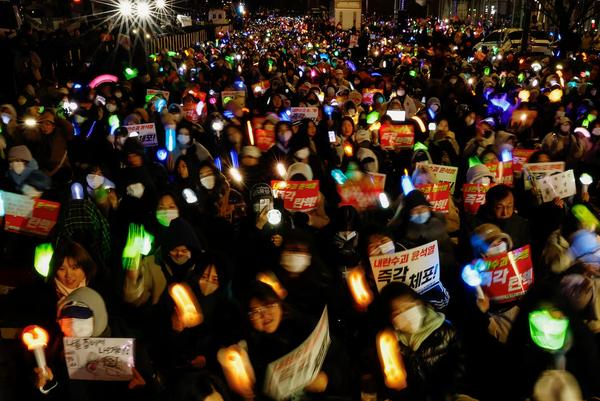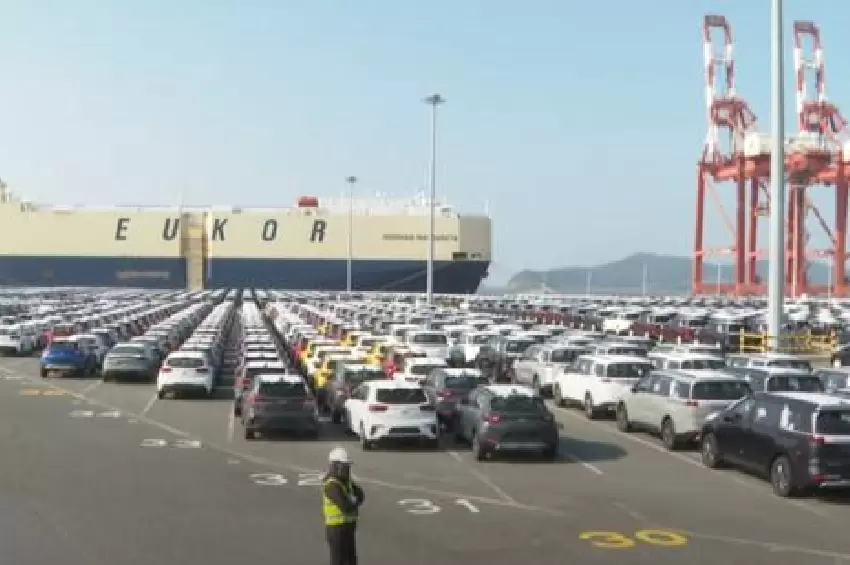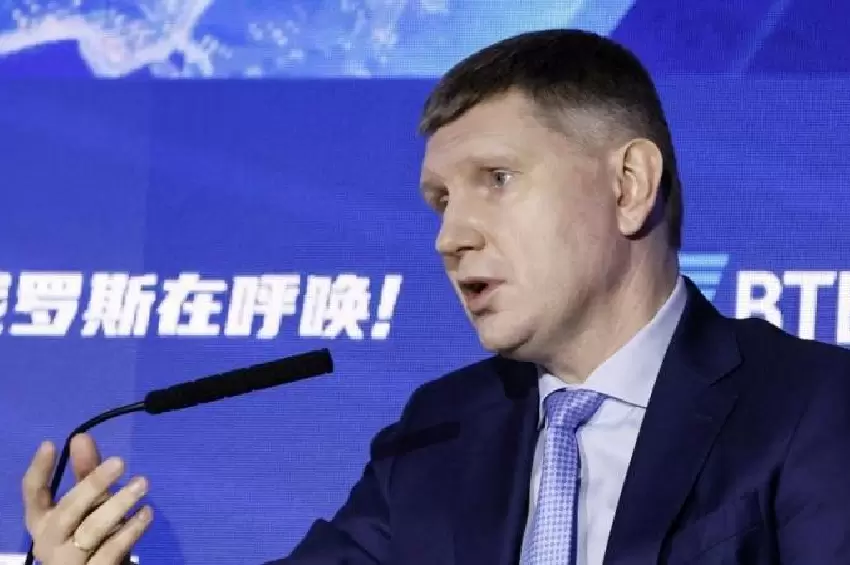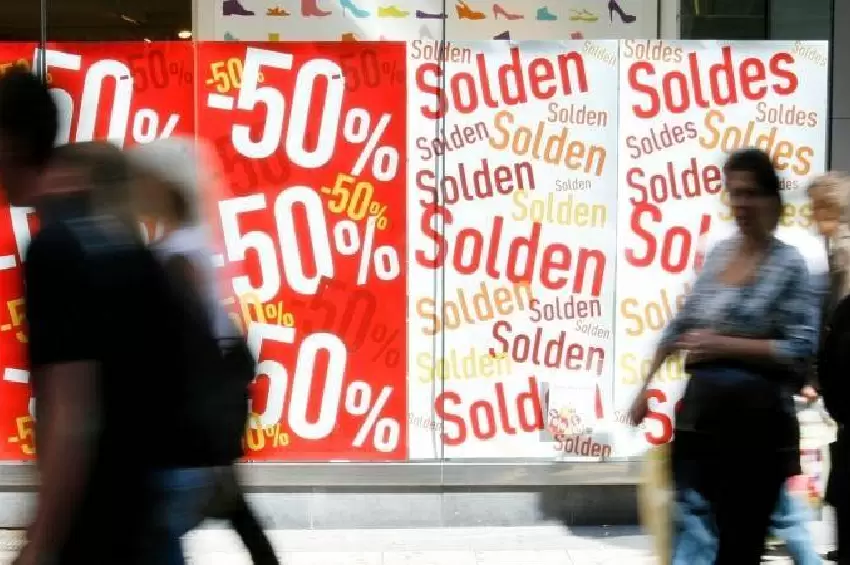Domestic Companies Brace for Impact as Political Crisis Deepens
Domestic companies are on high alert amid the aftermath of President Yoon Suk Yeol's martial law and the opposition parties' push for his impeachment. With the prolonged economic downturn, the various subsidy and tariff risks brought by U.S. President-elect Donald Trump, and the exchange rate concerns due to domestic political turmoil, management uncertainty is increasing. A high-ranking business official lamented on Dec. 8, "By December, management plan reports and personnel matters should be finalized, but at this point, existing plans are almost meaningless."

Exchange Rate Volatility Adds to Business Woes
The exchange rate is immediately weighing on our companies. As of Dec. 6, the won-dollar exchange rate soared to 1,424 won per dollar, the highest level in two years and one month. Some in the market are even voicing concerns that the won-dollar exchange rate could break through the 1,500 won level. In this case, companies importing raw materials from overseas will be the most affected.
Industries Hit Hard by Economic and Political Uncertainty
The domestic refining industry purchases more than 1 billion barrels of crude oil annually from overseas, all of which are paid in dollars, making it highly susceptible to exchange rate fluctuations. Although some products are exported overseas, the high exchange rate leads to a decline in profitability for the refining industry as crude oil, the backbone of the industry, must be purchased in dollars.
The steel industry, already facing dual challenges due to the global economic slowdown and China's aggressive export tactics, is also in a situation where cost burdens inevitably increase. The steel industry relies on imports for iron ore and coking coal needed for steel production. While there is an alternative to reflect the increase in raw material prices in product prices when the industry is in good condition, the current steel demand is extremely depressed, making it difficult to do so.
Even export companies such as semiconductors and automobiles, which are classified as beneficiaries of the high exchange rate, cannot avoid damage if the high exchange rate persists for a long time. While it is advantageous when exporting products, the cost of importing equipment and facilities increases, adding to the burden. Furthermore, recent academic analyses suggest that a rising exchange rate (weakening won) is not necessarily favorable for exports, and the situation needs to be closely monitored. The logic is that a high won-dollar exchange rate could lower Korea's credibility, making exports disadvantageous.
Government Paralysis and Defense Industry Concerns
The side effects of the lack of government leadership are also significant. The business community is particularly concerned about the paralysis of government functions. If the government comes to a halt in a situation where a 25% tariff has been announced for neighboring countries Mexico and Canada, negotiations for various subsidies, such as semiconductors and batteries, could become difficult.
The defense industry is also on high alert due to the impact of the lack of political leadership. This is due to the nature of the industry, where the government's negotiating power translates into export performance. In fact, Sadyr Japarov, President of Kyrgyzstan, who recently visited Korea, planned to visit Korea Aerospace Industries (KAI) on Dec. 4 to observe the test flight and production site of the Korean Utility Helicopter (KUH), but canceled the schedule after the martial law situation.









Comments